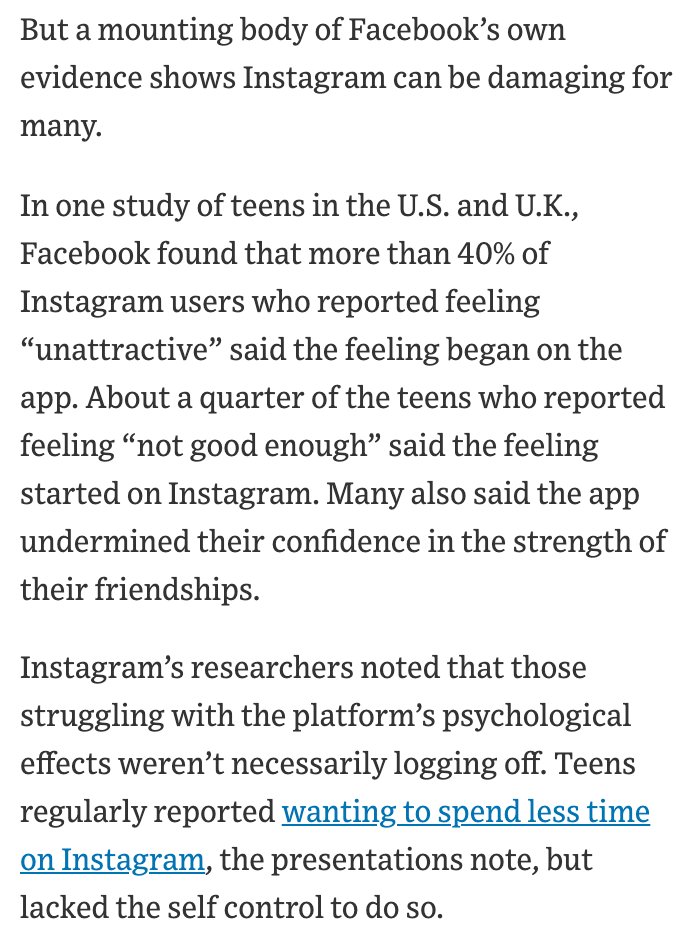
Fascinating article on why the working class might not be as enthusiastic about universal benefits as elite policy ppl hope.
nytimes.com/2021/09/14/opi…
It's one article, based on one report, but it's churning some thoughts I just wanna submit for for public scrutiny.
nytimes.com/2021/09/14/opi…
It's one article, based on one report, but it's churning some thoughts I just wanna submit for for public scrutiny.
When I wrote my workism essay, I defined it as a *disproportionately elite* notion that work ought to be the centerpiece of our identity, and life.
theatlantic.com/ideas/archive/…
Recently there's been a movement to fight workism with, eg, UBI, 4-day workweeks, anti-burnout policies
theatlantic.com/ideas/archive/…
Recently there's been a movement to fight workism with, eg, UBI, 4-day workweeks, anti-burnout policies
What if it's the ideology of the anti-workists that's the actually elite ideology?
What if the working class + MC immigrants are way more workist than we (or, I) assumed? And their resistance to universal programs stems from a deep belief that policy SHOULD revolve around work?
What if the working class + MC immigrants are way more workist than we (or, I) assumed? And their resistance to universal programs stems from a deep belief that policy SHOULD revolve around work?
I'm asking that question totally naively and ambivalently. I don't know the answer.
But I think there might be a way that UMC knowledge workers, esp in media, think about work that reflects very class-specific anxieties and when we submit those ideas for nat'l feedback, we shouldn't be surprised to confront alternative ways of thinking about the meaning of work.
• • •
Missing some Tweet in this thread? You can try to
force a refresh









